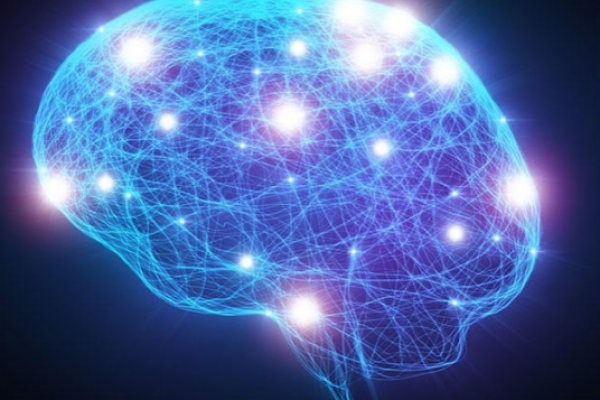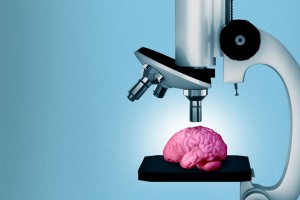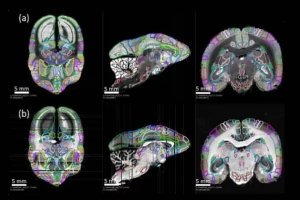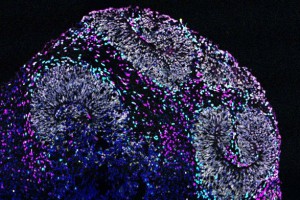Scientists unlock secret of how the brain encodes speech
Scientists want to help completely paralyzed people, or “locked-in,” individuals communicate more intuitively by developing a brain machine interface to decode the commands the brain is sending to the tongue, palate, lips and larynx (articulators.)
Scientists want to help completely paralyzed people, or “locked-in,” individuals communicate more intuitively by developing a brain machine interface to decode the commands the brain is sending to the tongue, palate, lips and larynx (articulators.)
New research from Northwestern Medicine and Weinberg College of Arts and Sciences has moved science closer to creating speech brain machine interfaces by unlocking new information about how the brain encodes speech.
Scientists have discovered the brain controls speech production in a similar manner to how it controls the production of arm and hand movements. To do this, researchers recorded signals from two parts of the brain and decoded what these signals represented. Scientists found the brain represents both the goals of what we are trying to say (speech sounds like “pa” and “ba”) and the individual movements that we use to achieve those goals (how we move our lips, palate, tongue and larynx). The different representations occur in two different parts of the brain.
Continue reading here.





Related Posts